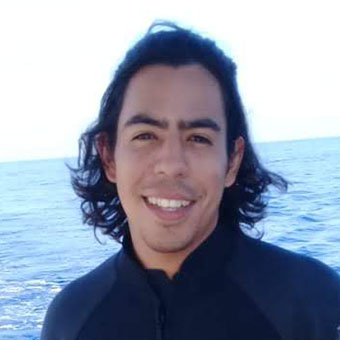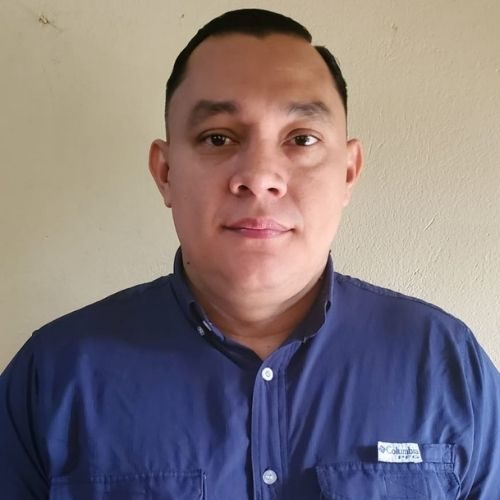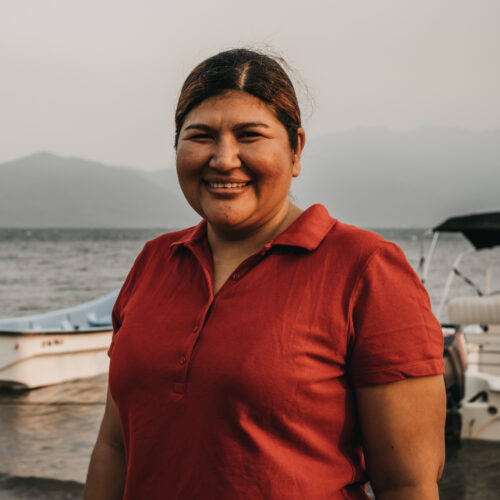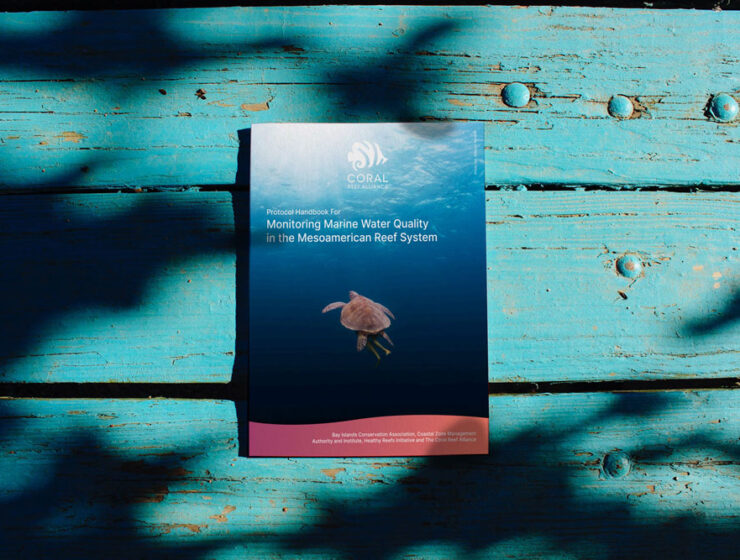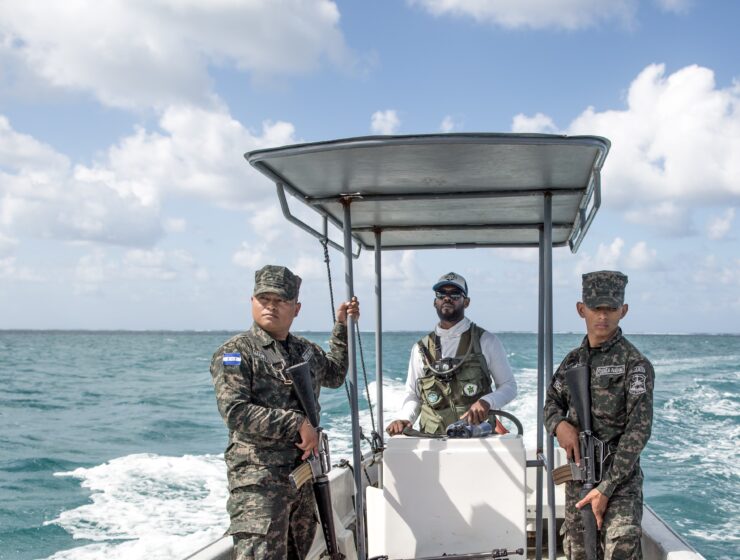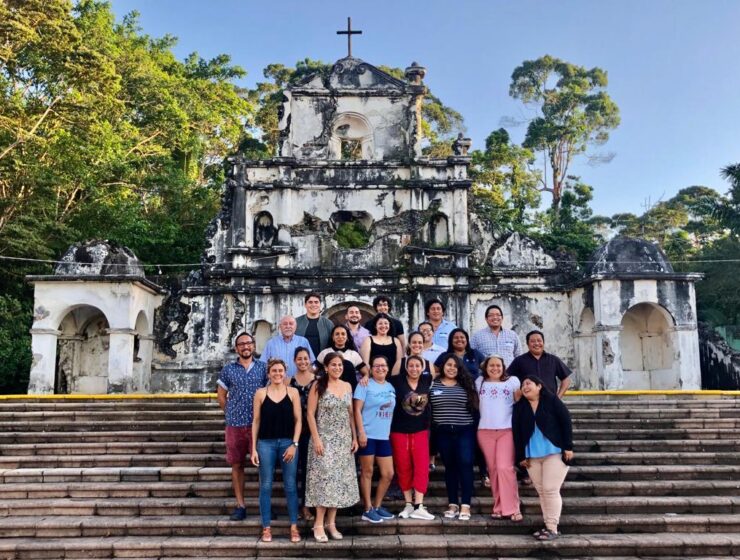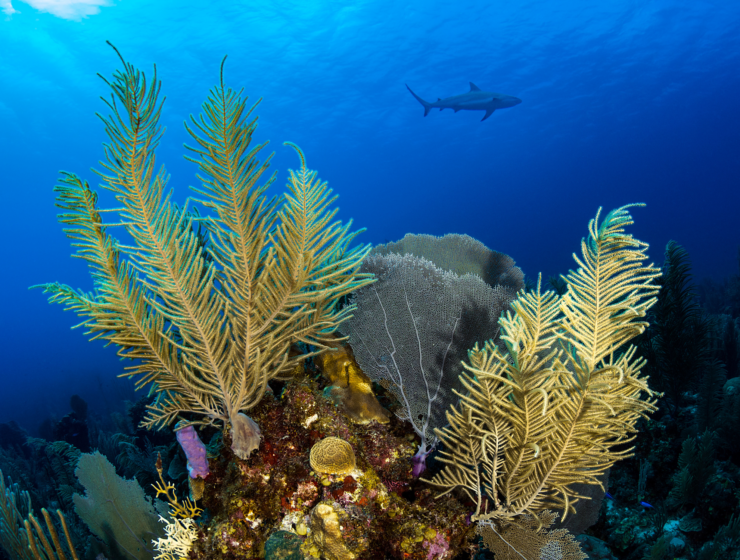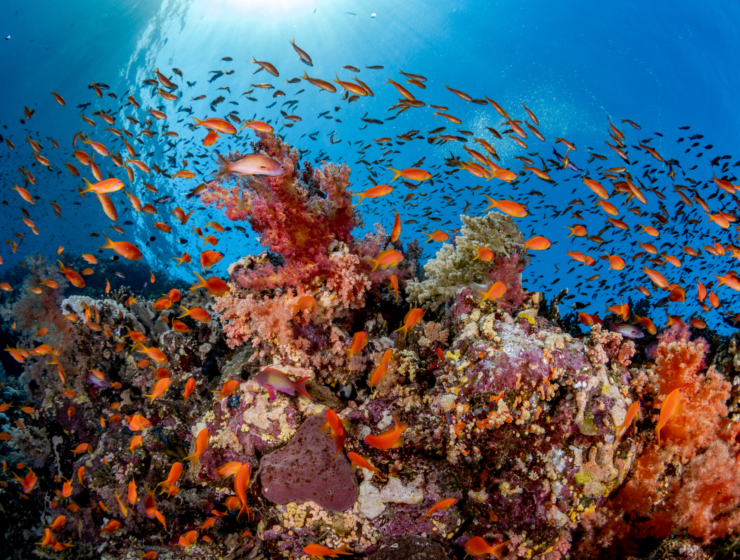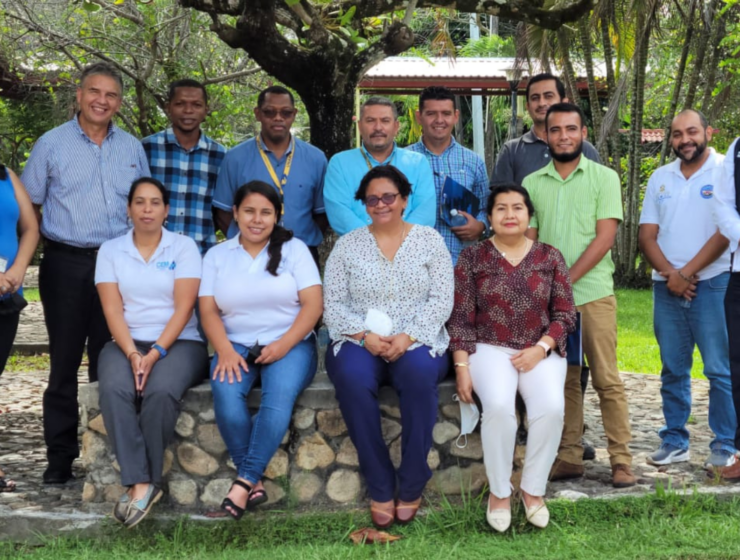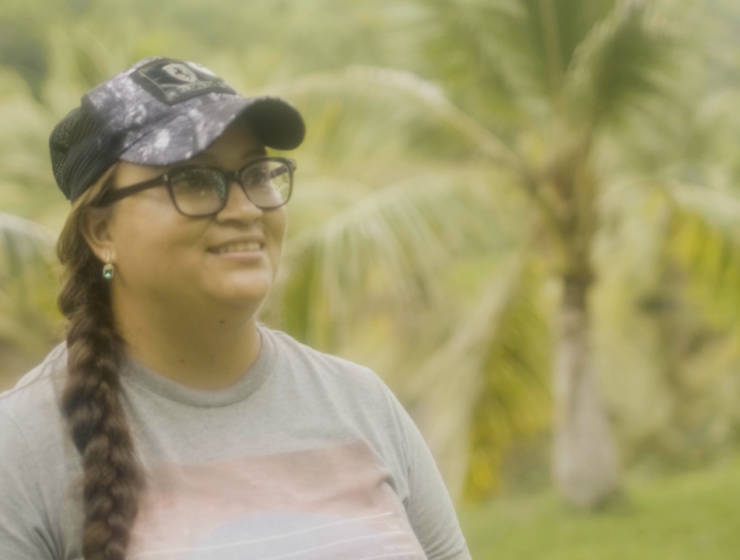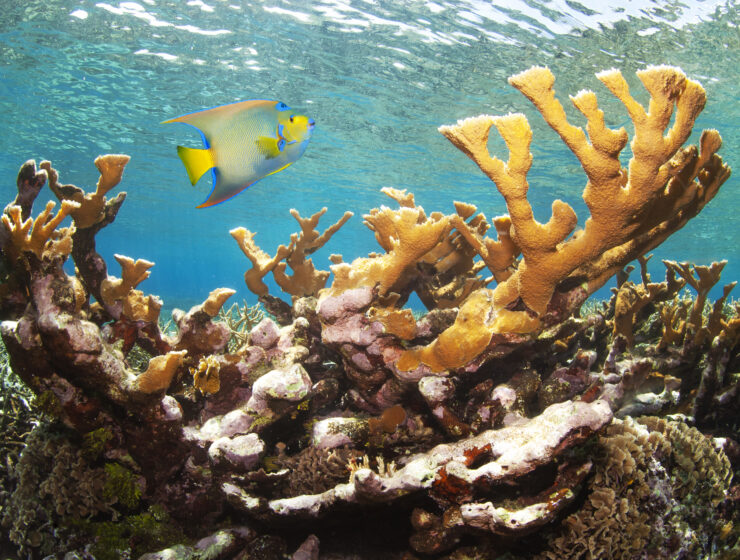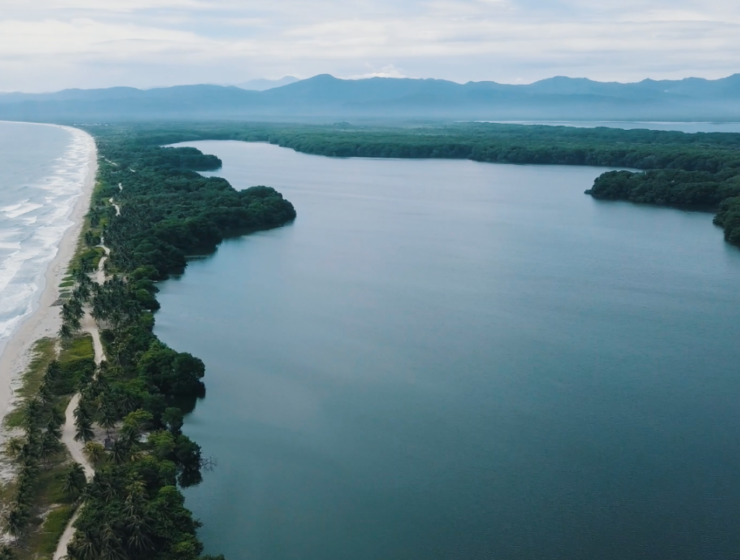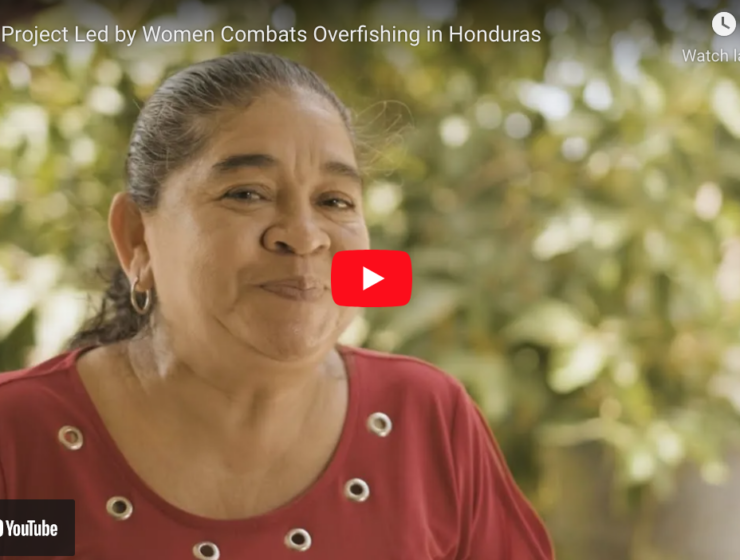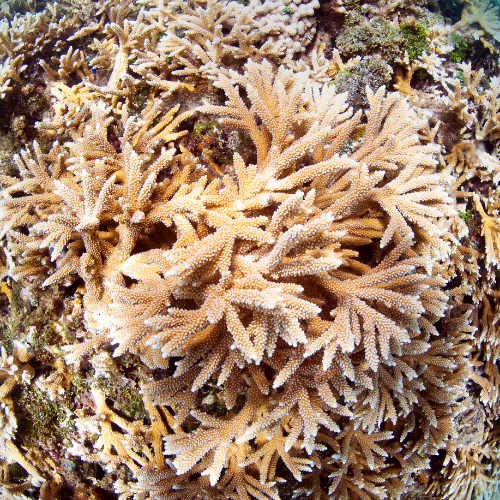
An underwater paradise
The Mesoamerican Reef within the Western Caribbean is the largest barrier reef in the Western Hemisphere and home to some of the last healthy populations of staghorn and elkhorn corals. Its picturesque beaches and dive sites attract visitors from around the world. But it faces significant threats, including climate change, land-based pollution, and unsustainable fishing.
We have nearly 25 years of experience working in the Mesoamerican Reef region (MAR), with an emphasis on building resilient communities and addressing direct threats to coral reefs. We believe that our work in the MAR—pairing cutting-edge science with community engagement and activation—can serve as a replicable model for coral reef conservation efforts around the world.
Saving the MAR’s coral reefs
Our work in the MAR includes four priority sites in Honduras (Roatan, Utila, Trujillo, and Tela Bay) and one in Mexico (Cozumel). Working at a regional level magnifies the results of local conservation efforts.
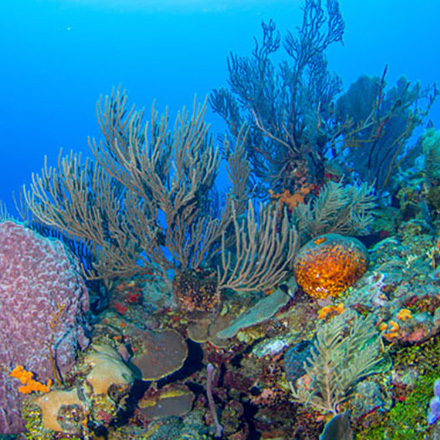
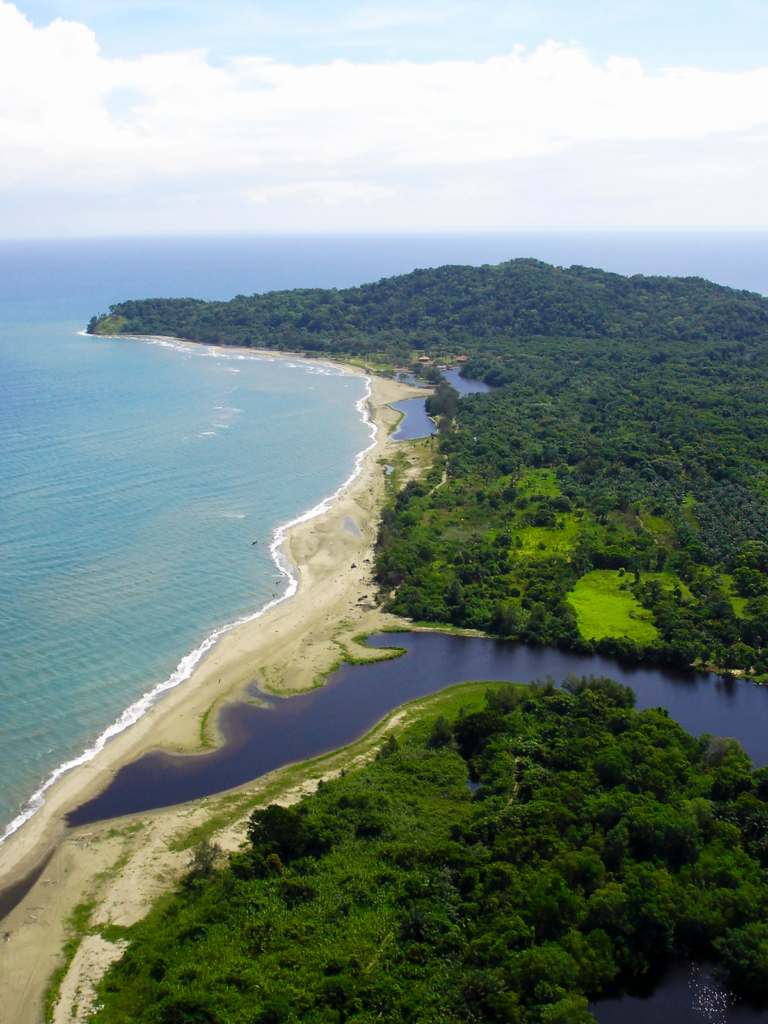
Our work in Honduras focuses on filling a substantial gap in ensuring coral reefs have what they need to survive—clean water.
Our Clean Water for Reefs initiative in Honduras has resulted in measurable improvements to coastal water quality and has set the stage for addressing wastewater pollution across the MAR. Thanks to our efforts with partners in West End, Roatan, over 28.6 million gallons of sewage per year are now being treated, which has resulted in a significant reduction in Enterococcus bacteria since 2013. The nearby Half Moon Bay beach is now a certified Blue Flag beach for its clean water. We currently collaborate with the Inter-American Development Bank and the Central American Bank for Economic Integration to update and improve wastewater treatment infrastructure across all of Honduras’ coastal municipalities.
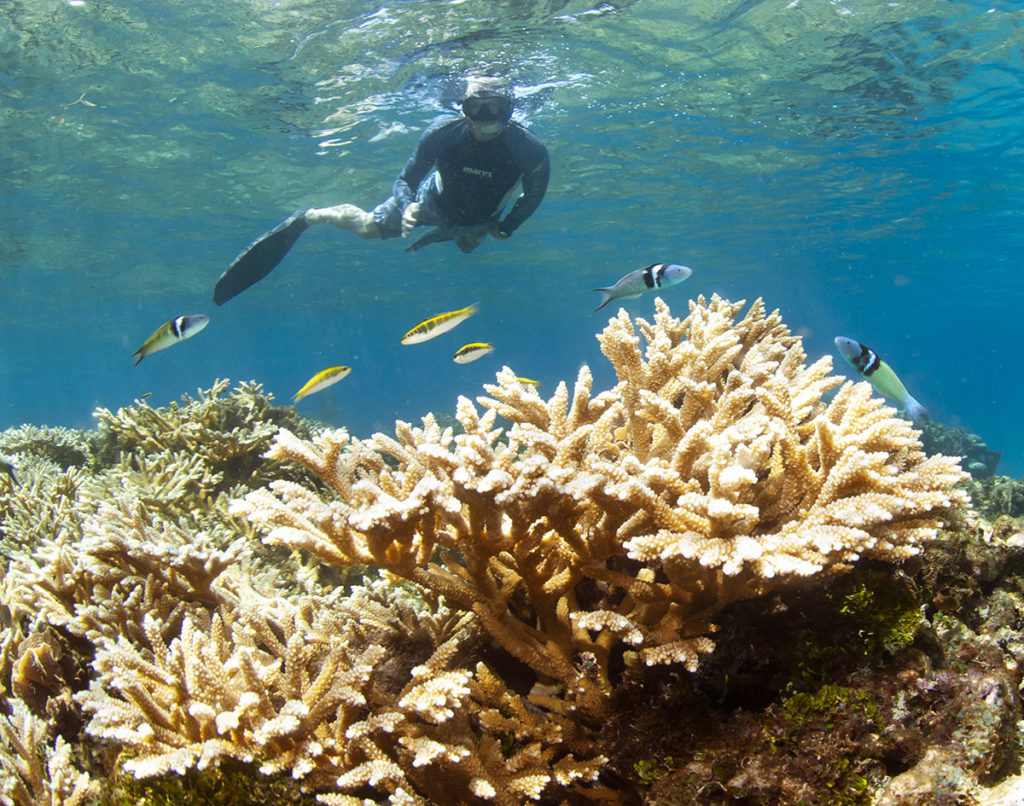
We have implemented improved management systems for numerous Marine Protected Areas (MPAs) in Roatan, Utila, Trujillo, Guanaja, and Tela Bay.
We ensure that management plans include actions to reduce fishing pressure, especially for herbivorous fishes that control macroalgal growth and maintain healthy corals. We also address the underlying social and economic drivers of overfishing and create win-wins for communities and the environment by promoting income diversification projects. We take a community-centric approach to ensure local stakeholders have the capacity to manage their own resources. As an example, we recently worked with our partners to establish an informal fisheries co-management system in the Tela Bay, which lead to an improvement in lane snapper and blue runner populations.
An inspiring role model
Our research tells us that if we reduce human impacts on coral reefs in strategic places, we can create the necessary conditions for coral reefs to evolve naturally and survive climate change. The MAR is a great demonstration of what this conservation approach looks like in real life—partnering with local communities to build a network of healthy coral reefs that can adapt to global changes.
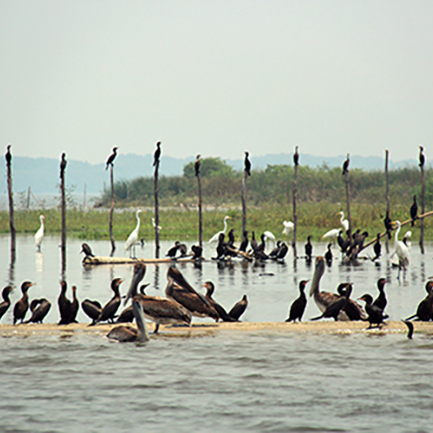
Mesoamerican Region Program Staff
Tanya Amaya
Regional Program Director
Mayra Johnson
Administrator Assistant
Paolo Guardiola
Program Coordinator
Sheyla Maldonado
Finance and Operations Manager, Western Caribbean
Mayra Nuñez
Research Assistant
Pamela Ortega
Program Manager
Emilio Pacheco
Accountant
Javier Pizaña-Alonso
Program Manager
Dr. Antonella Rivera
Principal Investigator
Julio San Martin Chicas
Principal Program Coordinator for the North Coast
Monica Urrutia
Community Scientist
Greissi Villatoro
Community Scientist
Ana Bessy Valdés Martínez
Community Scientist


